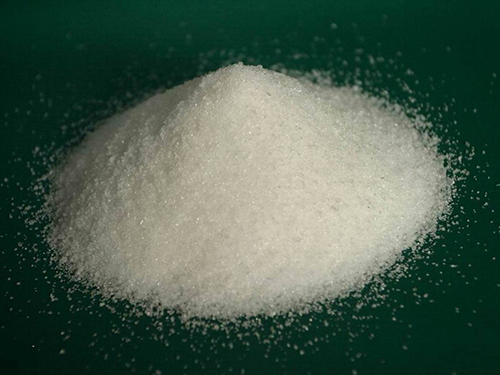Applications and Benefits of Industrial Flocculants in Water Treatment Processes and Environmental Sustainability
Industrial Flocculants Key Agents in Water Treatment and Beyond
Flocculants play a crucial role in various industrial processes, particularly in water treatment, mining, paper production, and wastewater management. These substances are essential for facilitating the aggregation of particles in liquids, leading to the formation of larger clusters known as flocs. By promoting sedimentation or filtering, flocculants significantly enhance the efficiency of separation processes, making them vital for both environmental protection and resource recovery.
Industrial Flocculants Key Agents in Water Treatment and Beyond
In water treatment facilities, flocculants are employed to improve the clarity of drinking water and reduce pollutants in wastewater. When added to raw water, they disrupt the electrostatic forces that keep particles suspended and encourage them to bind together. This process allows for the easy removal of contaminants, including sediments, algae, and pathogens, thus playing an essential role in safeguarding public health. Furthermore, effective flocculation can reduce the need for additional disinfectants, leading to cost savings and lower environmental impact.
industrial flocculant

In the mining industry, flocculants are critical for efficient mineral recovery and tailings management. They help in the separation of valuable minerals from ore, maximizing extraction rates while minimizing waste. Additionally, flocculants allow for more effective dewatering of tailings, reducing the volume of waste that needs to be stored and mitigating the potential environmental risks associated with tailings ponds. As sustainability becomes increasingly important, the use of flocculants in mining processes supports the industry's goal to reduce its ecological footprint.
The pulp and paper industry also benefits from flocculants, as they enhance the efficiency of fiber recovery and improve the quality of the final product. During paper production, the addition of flocculants promotes the aggregation of fiber and filler materials, resulting in better retention and improved strength of the paper sheets. Moreover, they assist in minimizing water usage during washing processes, which is a critical consideration given the industry's significant demand for water.
Despite their many advantages, the use of flocculants is not without concerns. Over-reliance on synthetic flocculants, particularly polyacrylamides, has raised questions regarding environmental and health impacts. The potential for residual chemicals in treated water may pose risks, leading to increased scrutiny and the need for stringent regulations. As a response, research is ongoing to develop more biodegradable and environmentally friendly alternatives, such as natural polymer-based flocculants derived from agricultural waste.
In conclusion, industrial flocculants are indispensable tools in a wide range of applications, from water treatment to resource recovery. Their ability to facilitate particle aggregation directly contributes to improved efficiency and effectiveness across different sectors. However, as industries seek to balance performance with environmental stewardship, the development of eco-friendly flocculants will be crucial. Emphasizing sustainable practices not only addresses regulatory concerns but also fosters a healthier planet for future generations, ensuring that the benefits of flocculants can be enjoyed without compromising ecological integrity.
-
Understanding Polycarboxylic Acids: Properties, Applications, and Future PotentialNewsJul.28,2025
-
Scale Inhibitor Explained: How to Protect Your System from Limescale and Hard Water DamageNewsJul.28,2025
-
Scale and Corrosion Inhibitors: Essential Chemicals for Industrial Water System ProtectionNewsJul.28,2025
-
Polyaspartic Acid: A Biodegradable Polymer for Sustainable ChemistryNewsJul.28,2025
-
Isothiazolinones: A Versatile Antimicrobial Class with Industrial Power and Regulatory ChallengesNewsJul.28,2025
-
A Deep Dive into 2-Phosphonobutane-1,2,4-Tricarboxylic Acid (PBTC)NewsJul.28,2025





